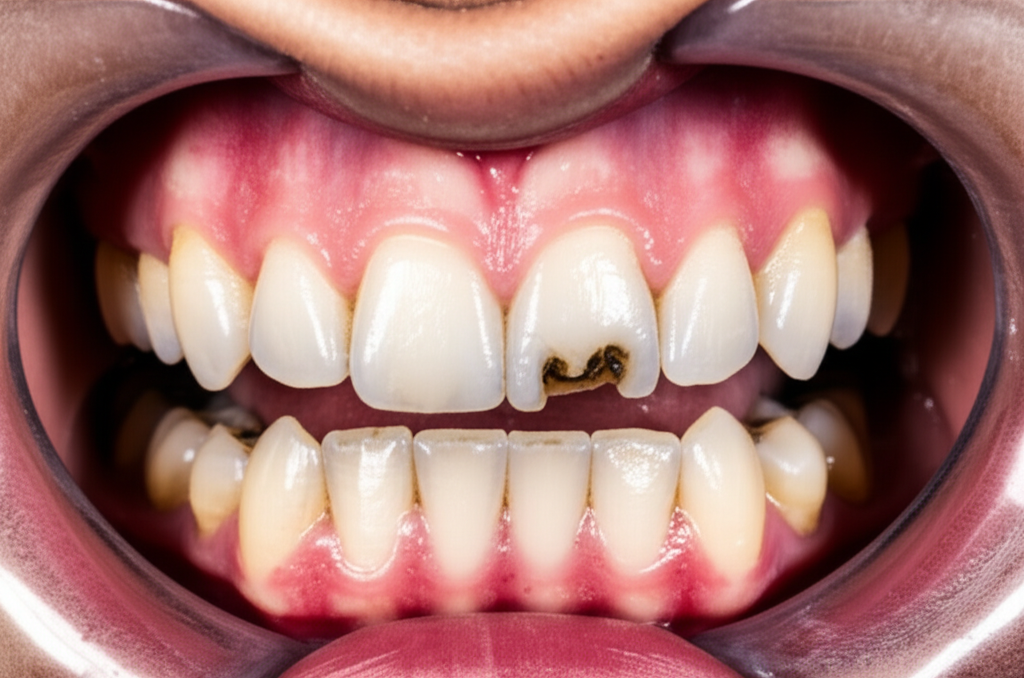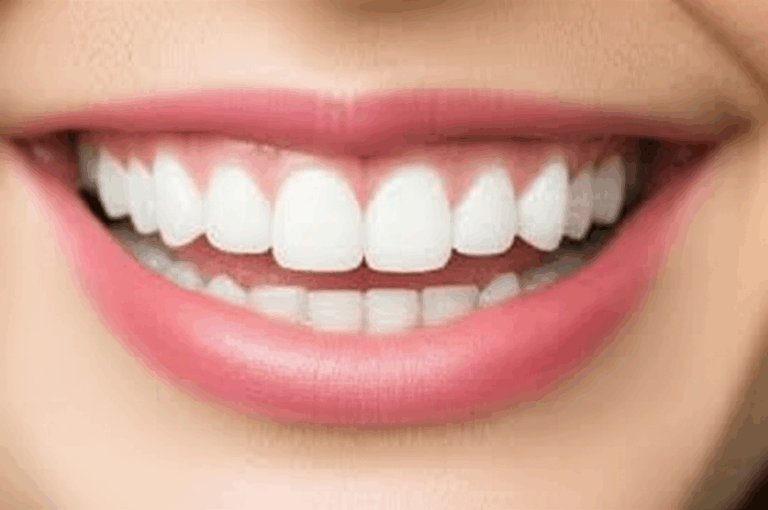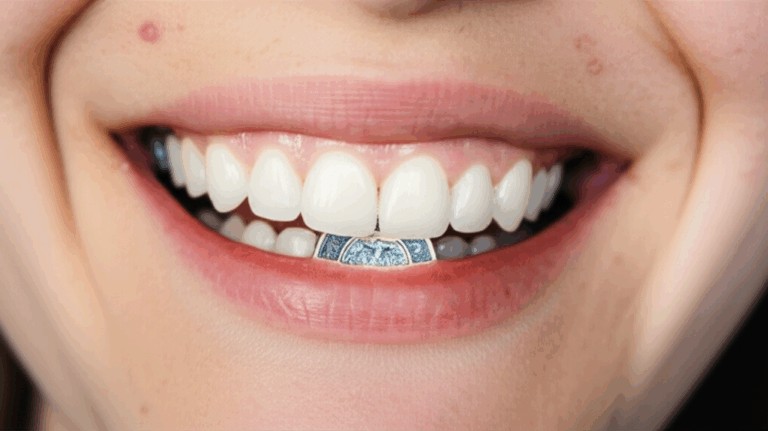
Does Keto Cause Dental Problems? My Simple Guide to Oral Health on a Ketogenic Diet
By someone who’s been there, figured it out, and wants you to keep your smile healthy and bright.
Introduction: My Journey Linking Keto and Dental Health
When I first started the ketogenic diet, I just wanted more energy, clearer thinking, and to lose some extra weight. I had no idea it would make me wonder how what I ate could change my mouth. Maybe you’ve asked, “Does keto cause dental problems?” I get you—I’ve been there.
For months, I watched as my mouth changed—everything from weird breath to sore gums and sensitive teeth. I learned the science (and real solutions) by going through it myself. In this article, I’ll show you what really happens to your teeth and gums on keto: the facts, the risks, and the easy habits that helped me enjoy keto without ruining my smile.
Table of Contents
- Understanding Keto Breath and Dry Mouth
- Keto, Tooth Decay, and Cavities: The Truth
- Keto’s Effects on Gums and Periodontal Health
- Other Sneaky Oral Issues on Keto
- My Real-World Tips for Great Dental Health on Keto
- Conclusion: You Can Have Keto and a Winning Smile
- Frequently Asked Questions (Quick Answers from My Experience)
- Practical Table: Keto Dental Issues, What Causes Them, and How I Dealt With Each One
Understanding Keto Breath and Dry Mouth
This is when keto gets real—sometimes in a pretty embarrassing way.
What “Keto Breath” Really Is
Just a few days after starting low-carb, high-fat food, I noticed a strong, kind of fruity smell on my breath (but not the good fruity). People call it keto breath. This happens because when you’re in ketosis and burning fat for fuel, your body makes acetone (one of the ketones), and most of it comes out in your breath.
Here’s some good news: for most people, the bad breath does not last forever. Both research and my own life show that keto breath affects about 20–40% of beginners, but usually fades away after a few weeks when your body gets used to burning fat. Think of it as your body’s “new car smell”—it’s just getting started.
Tackling Dry Mouth on Keto
But it wasn’t just bad breath. After a week on keto, my mouth felt really dry—even though I was drinking “normal” water. Nobody told me about dry mouth (the fancy word is xerostomia).
Why does this happen? Eating low-carb means your body loses more water and salt. With less spit in your mouth, there isn’t as much natural cleaning—making it easier for germs to mess up your teeth. That sticky, dry feeling isn’t just annoying—it can make you easier to get cavities and gum problems.
Simple Solutions That Worked for Me
Fixing this part was actually pretty simple, once I noticed the problem:
Want to dig deeper? This teeth health article shares easy advice anyone can use.
Keto, Tooth Decay, and Cavities: The Truth
Let’s get honest: If you eat fewer carbs, does keto protect your teeth—or can it actually cause new tooth problems?
Sugar’s Role in Dental Health
Before keto, I always had a granola bar, fruit, or a chocolate chip cookie handy. Like most people, I knew sugar is the main enemy of teeth. The germs in your mouth eat sugar and make acid, and this acid breaks down your tooth enamel.
When you eat keto, you eat way less sugar and white carbs. In theory, this makes it harder for “bad” germs to live in your mouth. And in real life? My dentist visits during keto showed I had less new cavities. Science and some dentists agree—people who eat less carbs usually have less chance of cavities—but you still need to watch out for other things.
The pH Factor and Acidic Erosion
Here’s a surprise: not all keto foods are safe for your teeth. Many of us drink things like sparkling water or diet sodas, or snack on pickles and other vinegar foods. Some people (like me) even get acid reflux when starting out, which adds more acid to your mouth.
What does a low pH (more acid) mean? Your enamel is in trouble. Acidic mouths can wear away enamel—even with no sugar at all. In one study, enamel starts breaking down fast when your spit’s pH drops below 5.5, and not enough water or too many acidic foods can cause this.
Not Getting Enough Nutrients: Easier Than You Think
A big mistake I made early on was thinking only about carbs, fat, and protein—and not about vitamins or minerals. After a few months, my teeth got more sensitive and I even had sore muscles and sometimes my gums bled. I found out I was low on some key things your mouth needs:
- Calcium: For strong teeth and bones.
- Vitamin D: Helps you use calcium.
- Vitamin K2: Makes sure calcium ends up in your teeth, not in wrong places.
- Magnesium: Needed for good bones and teeth.
If your keto meals are just bacon and cheese and you skip veggies or use no supplements, you could be hurting your teeth and gums—just as I did before I fixed my diet.
Curious about high-tech dental fixes for worn-down teeth or sore gums? Check out how a digital dental lab makes crowns and other stuff for people just like us.
Keto’s Effects on Gums and Periodontal Health
Gums are your teeth’s first line of defense, and your food can help or hurt them in ways you might not guess.
Inflammation, Keto, and Healthier Gums?
One nice surprise after a few months on keto: my gums were less sore, and stopped bleeding when I flossed. This wasn’t just in my head—science says the same. Eating this way often lowers whole-body swelling (that’s why some with health problems try keto).
My dentist said the same thing: Red and swollen gums got better as my blood sugar smoothed out and my body was less inflamed.
But here’s the problem. If you cut back too much on veggies or forget about your vitamins, you’re at risk for not getting enough vitamin C and K2—both are must-haves for gum health. I learned the hard way: “lazy keto” (lots of cheese, not many veggies) made my gums worse, not better.
Electrolytes and Why They Matter
Here’s one more thing people skip: electrolytes—especially magnesium and calcium. If you don’t get enough on a low-carb diet, your gums can be more easily irritated. That’s why I started eating more avocado, nuts, leafy greens, and sometimes took simple supplements. My gums felt better.
If you worry about serious gum disease or want more treatment ideas, this page for dental conditions cleared up a bunch of my own doubts.
Other Sneaky Oral Issues on Keto
As I tried keto (and read about it), I found a few other weird problems that most blogs never mention.
Metallic Taste and Sensitive Teeth
For a while, I had a weird metal taste in my mouth. It wasn’t terrible, just odd. My dentist (who I asked about everything!) said this happens as your body adjusts to new fuels and acid levels—harmless, and it stopped after my first month.
My teeth also felt way more sensitive for a few weeks, especially with cold drinks. Drinking more and getting my minerals right solved it. But, if sensitive teeth keep getting worse, see your








